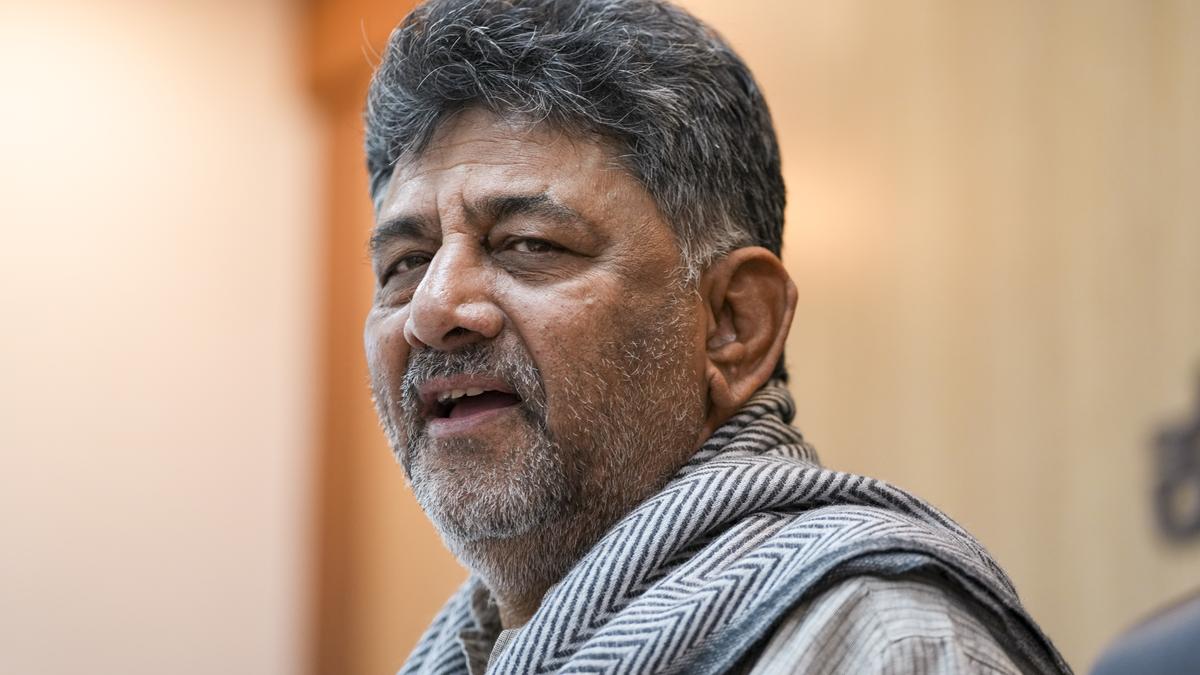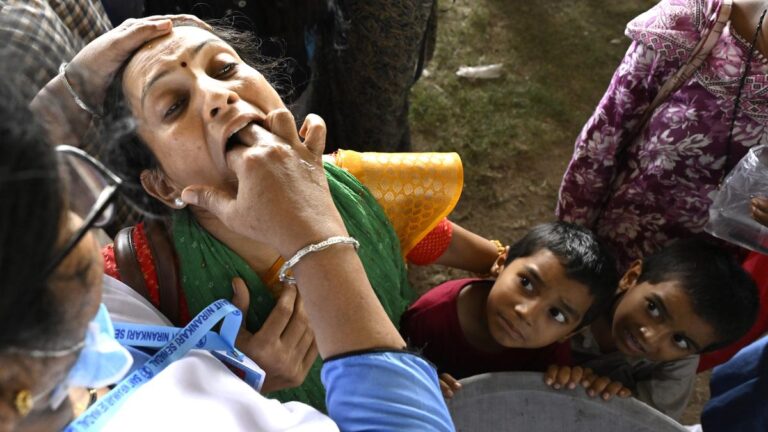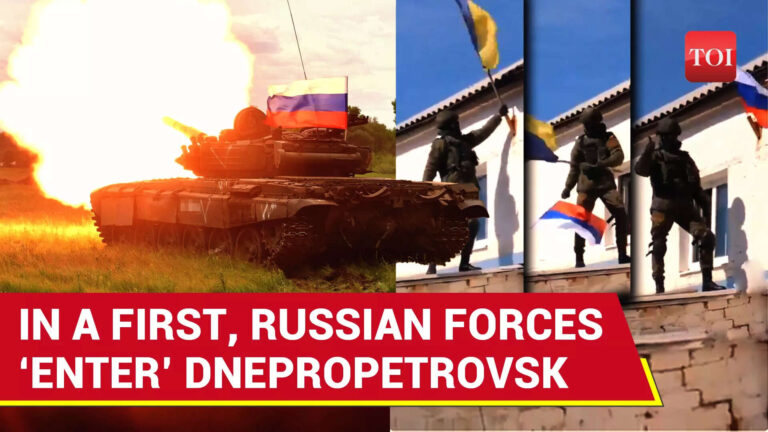Karnataka Deputy CM Promises Quick Elections for New Greater Bengaluru Authority: All-Party Meeting Ahead!
Karnataka Government Plans Elections for Newly Created Greater Bengaluru Authority
In a significant development for the residents of Bengaluru, Deputy Chief Minister D.K. Shivakumar has announced that the Karnataka government will expedite all necessary arrangements to hold elections for the newly established Greater Bengaluru Authority (GBA) within the next four months. This announcement comes as part of the government’s efforts to streamline governance in Karnataka’s bustling capital, addressing both longstanding issues and recent demands from various stakeholders.
Urgent Call for Elections
During a recent press briefing held in Mysuru, Shivakumar emphasized the necessity of timely elections, stating, “Elections have to be conducted. There is no point in delaying them. Within four months, all the arrangements will be made for conducting the elections.” His statement reinforces the government’s commitment to enhancing democratic processes in the state, particularly as they relate to local governance.
The GBA aims to consolidate various municipal functions, provide more efficient urban management, and address the dynamic needs of Bengaluru’s diverse population. Drawing on feedback from multiple political entities, the government plans to hold an all-party meeting shortly to gather further insights on matters pertaining to the "reservation" and "division" within the Authority.
Collaborative Approach with Political Parties
Shivakumar noted the collaborative spirit exhibited by the opposition during the discussions surrounding the GBA Bill. He pointed out that a Cabinet sub-committee had been formed to incorporate suggestions from various political leaders. “We will take everyone into confidence,” he said, reassuring reporters that elections would occur within the current year, saying, “We have taken a decision to conduct the elections early.”
To maintain momentum, the government has opted to avoid delays associated with incorporating new areas into the GBA. Instead, they plan to notify the creation of the authority based on existing geographic boundaries, indicating a focus on efficiency rather than prolonged bureaucratic processes. Shivakumar stated, “We can add the new areas later,” showcasing a willingness from the government to adapt and evolve as needed.
Criticism and Responsiveness from Opposition
Despite the government’s proactive measures, not all voices in the political arena are harmonious. Recently, the Leader of the Opposition in the Legislative Assembly, R. Ashok, voiced skepticism about the GBA’s formation. Shivakumar addressed this criticism during the briefing, suggesting that if Ashok and other opposition leaders had concerns about the initiative, they should have raised those earlier in the legislative process. He further asserted that remarks critical of the GBA stemmed from their current opposition status.
Shivakumar asserted, “Opposition leaders were cooperative during discussions and their suggestions were considered,” emphasizing the government’s open dialogue and willingness to engage in discussions for mutual benefit.
Upcoming Challenges and Legislative Processes
While brainstorming around the creation of GBA unfolds, Shivakumar also touched on another prominent issue—the renaming of Ramanagara district. He assured attendees that there has been no delay in the process of renaming, adding, “All the procedures were going on,” and that an announcement will be made at an "auspicious moment."
On a broader scale, Shivakumar has reiterated the Congress party’s demand for a special session of Parliament to address issues relating to the ongoing conflict with Pakistan. In his comments, he accentuated the importance of national sovereignty and the need for an open discussion about international interference in India’s affairs, harking back to historical contexts under former Prime Minister Indira Gandhi.
Conclusion
With the elections for the Greater Bengaluru Authority fast approaching, all eyes will be on the Karnataka government to see how they navigate both political collaboration and resident concerns. The emphasis on inclusive governance, the rapid responsiveness to opposition feedback, and a commitment to timely elections promise to shape the future of urban management in Bengaluru.
Karnataka’s political landscape is evolving, and with it, the potential for both collaborative efforts and contentious debates. The outcomes of the impending elections will not only reflect the electorate’s trust in their governing bodies but will also assume critical significance in managing urban challenges in one of India’s most vibrant cities. Stay tuned for more updates as the situation develops and elections draw near.






